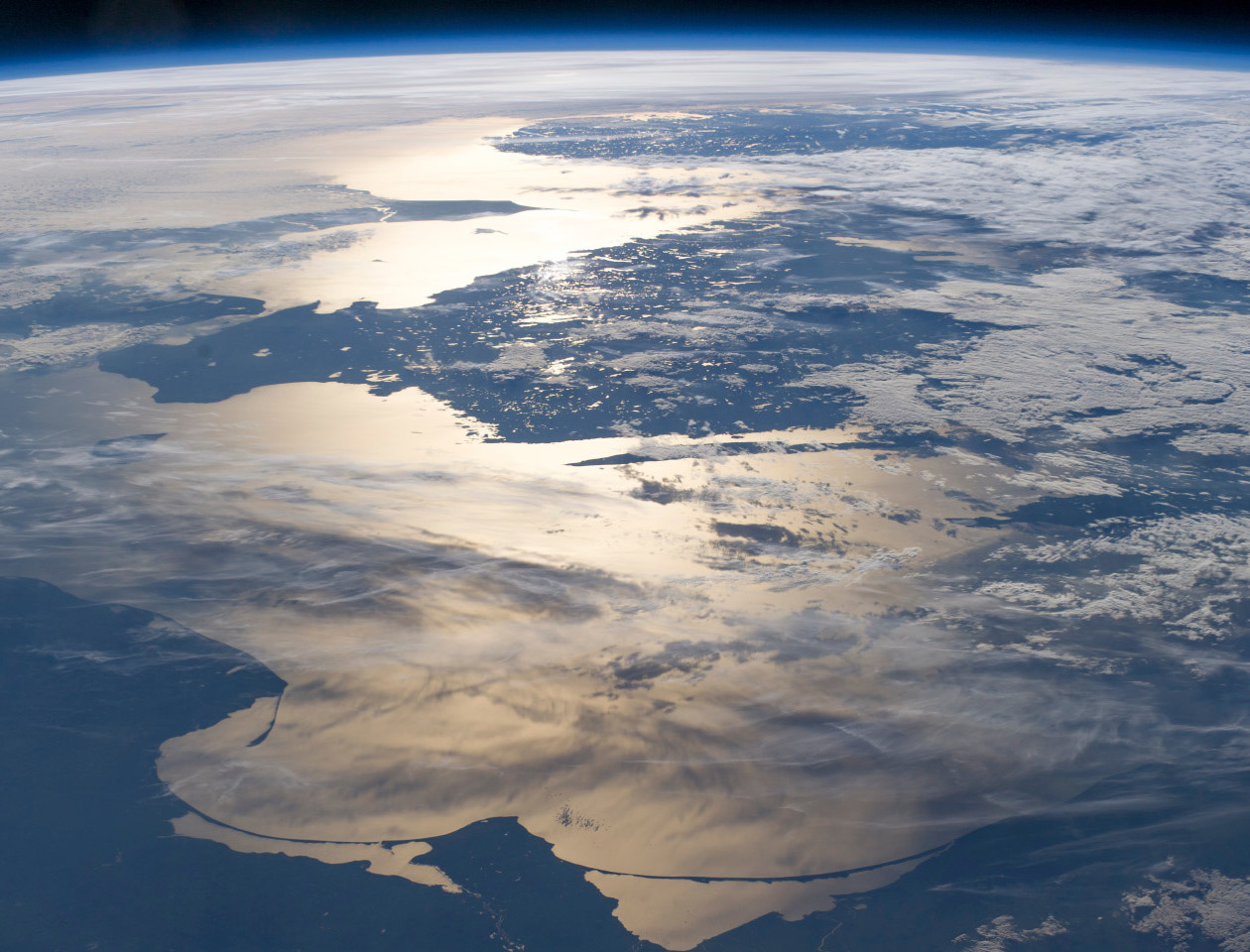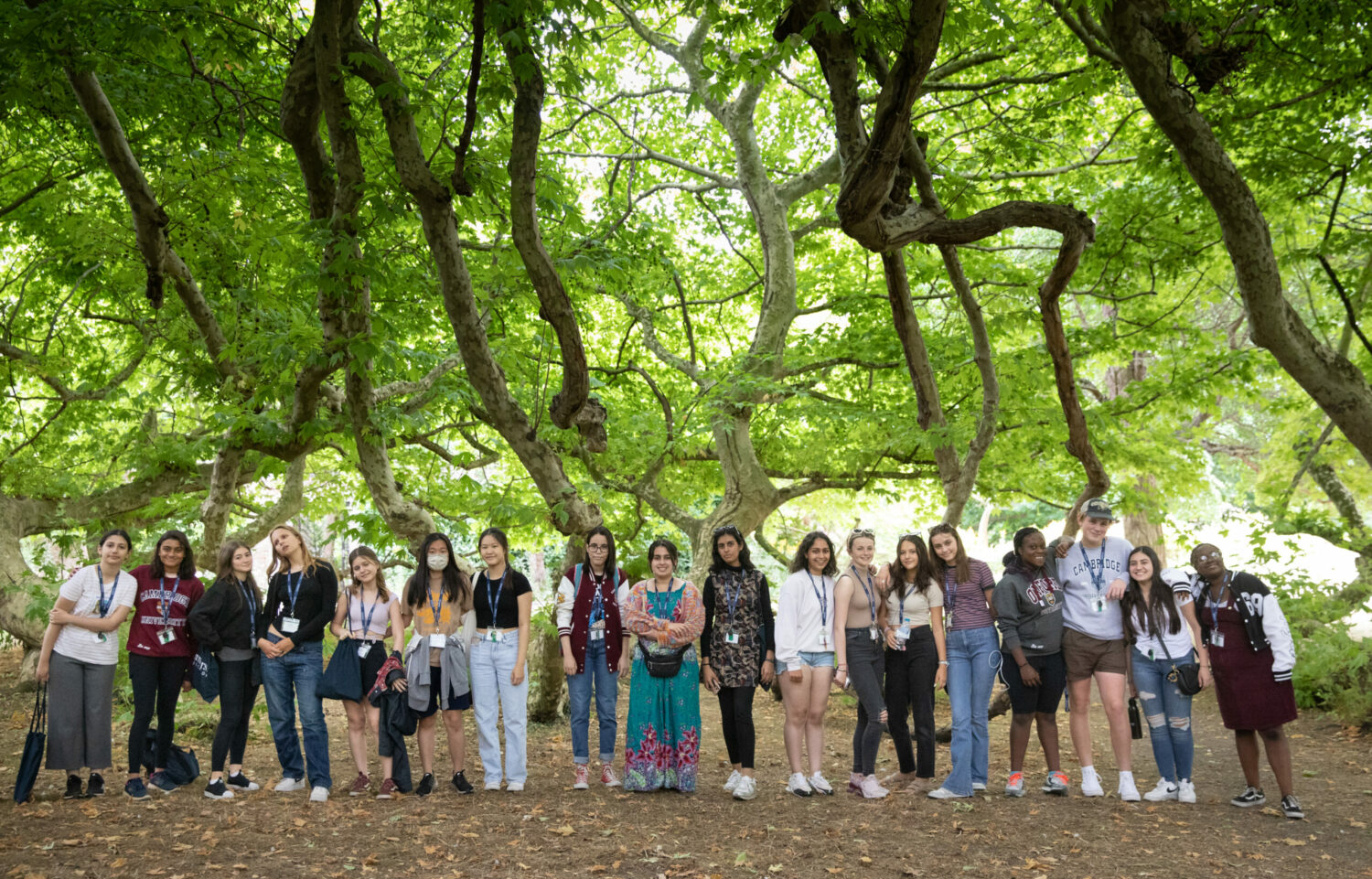Earth Sciences Summer School

Unparalleled academic programmes
Earth Sciences
Earth Sciences
The Immerse Creative Writing programme has been great. Lesson times are a perfect 2 hours in the morning, 2 hours in the afternoon, with lots of time to go and experience the town and have activities in the evenings.
I’ve really enjoyed being around people who have the same interests as me. Being able to share opinions and listen to feedback has been really valuable.
My tutor has been great. He’s very passionate about writing and he’s very engaging with the class. He listens to all our thoughts and our opinions on everything that we study – he’s been brilliant.
The programme has been a very good opportunity to get a grasp on what university is like – It gives us an opportunity to make new friends, which is good for your social skills, and you get an idea of what university classes might be like.
The curriculum is nothing like I’ve ever seen before, which is great. It’s nothing like what I do at school, which means I have the ability to experiment, and learn new things and along the way just improve my general skills.


Earth Sciences
Earth sciences cover a range of topics from human activity and the environment to the formation of rocks and minerals. The field is concerned with examining earth at the molecular, macro and micro scale, from the chemistry of a single leaf to the processes that shape the world’s continents. In this subject, we combine physics, chemistry and biology with geology, geography and palaeontology to answer essential questions about the origin, development, and future of the Earth. Forming an understanding of how these key areas connect to create the complexity of Earth’s systems is what makes the subject fascinating to study.
Frequently Asked Questions
What is Earth Sciences?
Earth Sciences is a combination of physics, chemistry, biology and mathematics.
The three core foundations of Earth Science is geology, geochemistry and geomicrobiology. Together these subfields provide an understanding of the Earth’s systems. Geology examines the structure, evolution and dynamics of the planet and its natural mineral and energy resources. Geochemistry applies chemical principles to the field, considering the composition of things like rocks, fluids, gases and biology, that exchange matter and energy over a range of time scales. Geomicrobiology concerns the role of microbes on geological and geochemical processes and the effects of minerals and metals on microbial growth, activity and survival. Throughout this module, you will form an understanding of these three key subfields of Earth Sciences.
Why is it important to study Earth Sciences?
This programme will help you understand the context in which you live and how you can navigate the space and time you’re in. By the end of this programme, you will have established both practical skills as well as an in-depth understanding of what Earth Science is and its application in the real world.
Earth Science helps humans understand the structure and chemical composition of the earth, which helps us to utilize our resources to sustain and advance the quality of life on earth.
How about in terms of salary?
Within an Earth Science degree, you’ll be studying the physical structure of the earth – from the formation to the processes involved and how it’s changing over time.
Typical salaries at a senior level range from £40,000 to £75,000 per year.
An Earth Science degree sets you up for a career within the energy, environmental or engineering sectors and will open your opportunities up in a wide range of different specialisms.
Job titles within Earth Science vary depending on the specialist area of work and include:
- Geophysicist
- Geologist
- Geochemist
- Hydrogeologist
- Minerals engineer
Immerse Education offers both online and residential courses for Earth Sciences. The residential course is located in the city of Cambridge, UK, and is held in the summer. If you’re wondering where you stay, then it’s in the prestigious colleges of Cambridge University.
You don’t need prior skills, experience, or learning to sign up for Earth Sciences. But having a genuine interest in Earth Sciences helps. Additionally, your Earth Sciences summer school tutor will provide you with pre-course activities to undertake before the summer course starts. This ensures you have the knowledge needed to get the most out of your two-week stay.
Foundations of Earth Science
The three core foundations of Earth Science are geology, geochemistry and geomicrobiology. Together these subfields provide an understanding of the Earth’s systems. Throughout this module, you will form an understanding of these three key subfields of Earth Sciences.
Planet Earth
In this module, you will take a look at our planet from an Earth Science perspective, including the principal chemical, physical and biological processes operating on the planet today as well as throughout Earth’s history.
Fundamentals of Geology (Part 1)
This module examines the fundamentals of geology, a core aspect of any Earth science programme. You will have the opportunity to survey the important mineral groups and examine how they naturally occur, exploring the bonding forces in crystals, the packing of individual atoms and molecules within mineral structures, their interaction with light and fundamentals of petrographic microscopy, and the thermodynamic controls on mineral composition and structure.
Fundamentals of Geology (Part 2)
In this module, our attention will be turned to understanding and interpreting geological maps and learning how to visualise geological structures in three dimensions.
Structural Geology
This module will prepare you for your personal independent mapping project where you will showcase what you have learned in a solidified piece of work.
Sedimentary Processes
Sediment is a naturally occurring material that is broken down by processes of weathering and erosion, and is subsequently transported by the action of wind, water, or ice or by the force of gravity acting on the particles.
Biology & Oceanography
You will explore some of the basic principles of biological oceanography, examining the relationship between the physicochemical properties of the marine environment and planktonic communities, such as phytoplankton, bacteria, and zooplankton.
Motivated students ages 13-18 are best suited for Earth Science courses. Do you want to take an Earth Science degree or other related subjects at the university? Then signing up will give you a distinct advantage compared to your competitors.
If you want to learn from talented tutors at the University of Cambridge, you’ll enjoy taking our Earth Sciences course!






